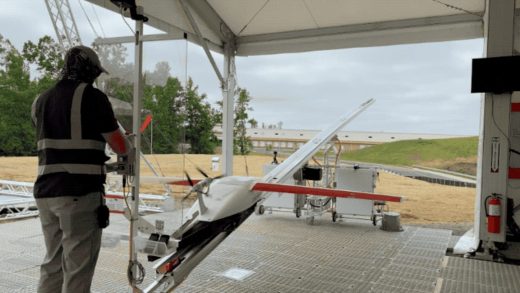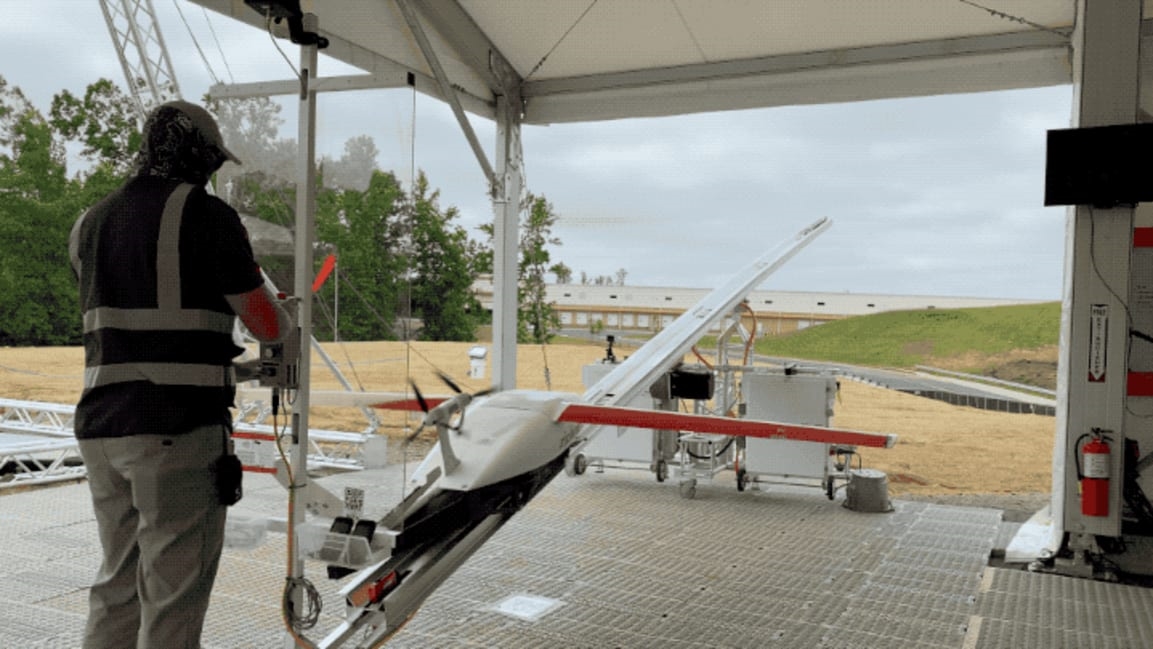The first long-distance drone deliveries in the U.S. are bringing PPE to healthcare workers
If a hospital in Huntersville, North Carolina, needs to quickly replenish its supply of surgical masks and gowns as the COVID-19 pandemic continues, it will now be able to summon a drone to make a delivery. Novant Health, the nonprofit that runs the hospital and hundreds of other facilities in the Southeast, just became the first hospital system to be granted a drone operator permit from the FAA. The system will begin the first long-range, ongoing drone deliveries in the U.S., using technology from Zipline, a startup that first launched its services in Africa.
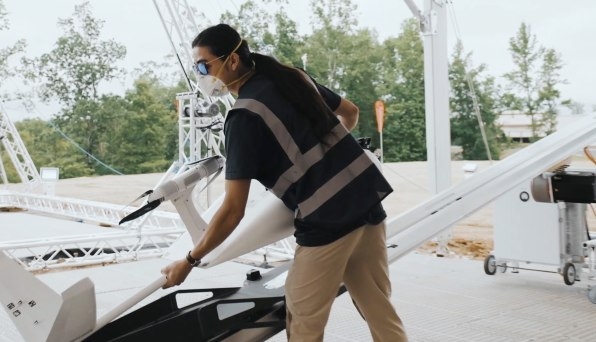
“We believe this will allow us to, in a very precise, on-demand way, get supplies to where they need to be exactly when they need to be there,” says Angela Yochem, executive vice president and chief digital and technology officer at Novant Health. The organization already has a well-tuned distribution system, and has calculated that if coronavirus cases surge in the region, it has enough personal protective equipment to cover the need. But it also wanted to do everything possible to prepare for the crisis—and will eventually use the same system to make more routine deliveries.
“Our data science team built some sophisticated models that allow us to run a number of scenarios, and even in the most dire scenarios, we at Novant Health as a system do not anticipate any shortages whatsoever,” she says. “However, we have 700 locations. Does that mean that all 700 locations will have as much as they need at any given moment in time, or is it reasonable to expect that we need to get it from the centralized distribution center to that location as they need it? Novant Health as an entity will have it; we need to get it in the hands of the providers that need it at that moment.”
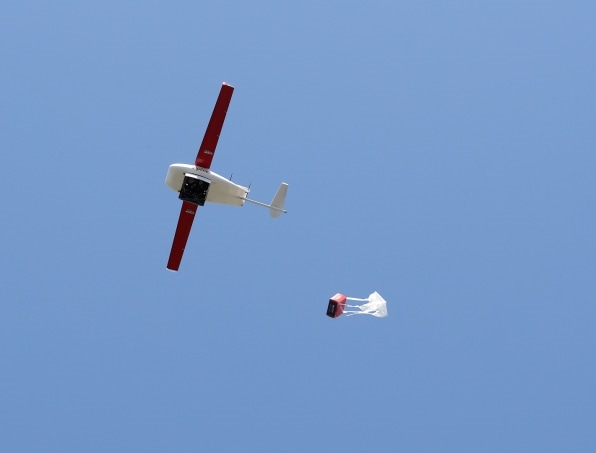
The FAA waiver that allows the flights—the first to allow drone delivery in the U.S. in airspace normally reserved for commercial planes, over populated areas beyond the drone operator’s visual line of sight—applies to only two of the organization’s facilities for now, though Novant hopes to expand. When operators at a hospital request a delivery, the drones will fly from a launchpad near the health system’s distribution center, hover above the delivery point, and then drop a package attached to a parachute before returning to the distribution center, in a 20-30 mile round trip. Each drone carries around four pounds of supplies—that’s roughly 150 masks, for example—but can quickly make multiple trips for larger deliveries. In Rwanda and Ghana, where the drone company Zipline first began making medical deliveries, the drones can travel as far as 100 miles round trip.
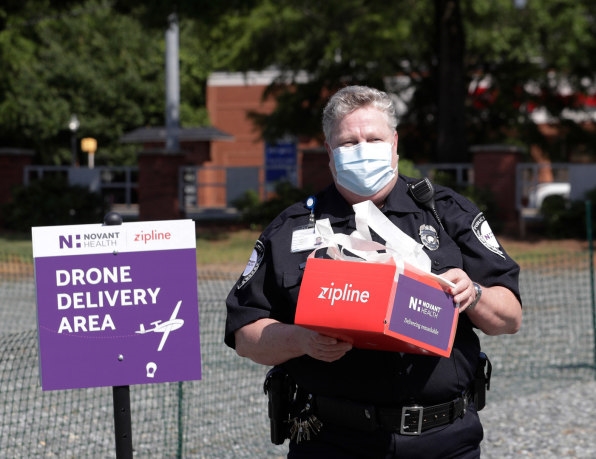
It’s one of a handful of drone delivery projects to recently launch in the U.S. In Raleigh, North Carolina, the drone company Matternet began shorter drone deliveries between medical centers in 2019. (The company launched first in Switzerland.) Alphabet’s drone delivery service, Wing, has been making deliveries of toilet paper and medicine in rural Virginia. Similar services are also expanding outside the U.S. In Scotland, the drone company Wingcopter is now delivering COVID-19 test kits to an island in 15 minutes, versus the six hours that it would take on a car and ferry; the company previously launched a drone service to deliver vaccines to children on remote parts of Vanuatu.
Drone delivery had been slowly growing, but the pandemic is helping it accelerate. Zipline believes that it can be particularly helpful when a vaccine is ready; if a vaccine is fast-tracked and begins distribution next year, it will be in short supply. A national drone delivery network, like the networks that Zipline runs in Ghana and Rwanda, could help quickly make contactless deliveries to areas experiencing outbreaks where vaccines are most needed. The partnership in North Carolina, it says, is the first step toward a larger emergency medical network.
Fast Company , Read Full Story
(12)

